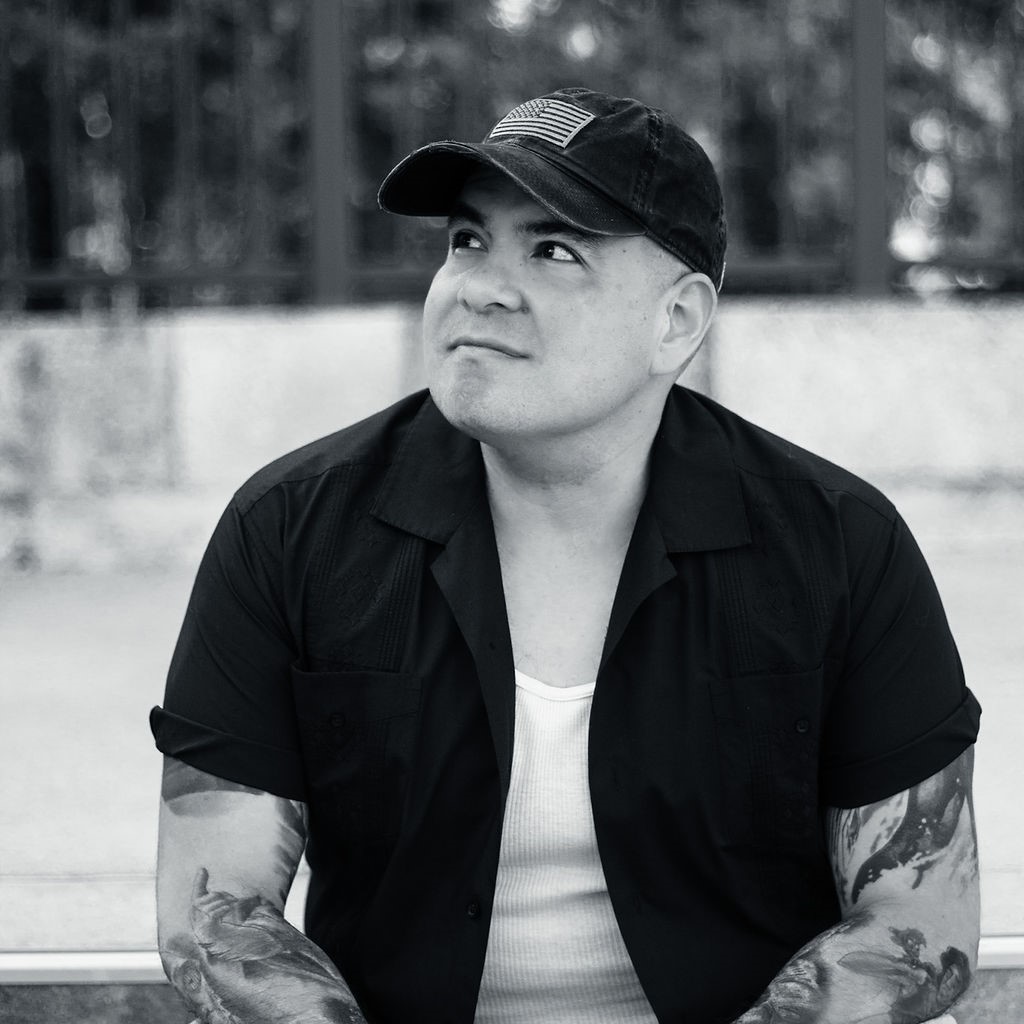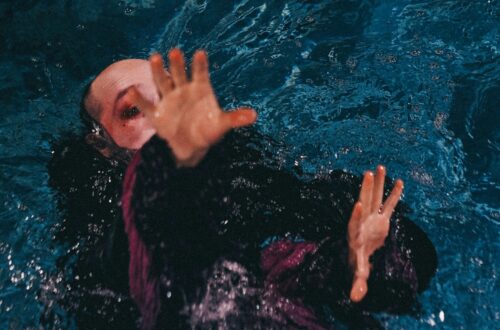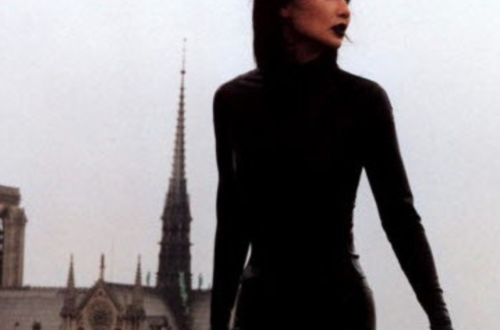J.D. Isip
for Donna
like the fragrance of blossoming trees
that grows stronger after
you’ve passed them
Dorianne Laux, “I Dare You”
Finally caught Donna and Mike for dinner before their annual trip to Paris. They are doing retirement right. We’re not even two drinks down, and Donna, who recruited me to my doctoral program, is tearing up. She and Mike are talking about her mentor, David Bartholomae, who has just passed. In between their own grad school tales (When the last Boomers are gone, will we even know if hitchhiking was actually a thing or something they made up?), Donna tells me and Khimen, “You are my legacy, all of you” and she means it.
Every time a student sits down to write for us, he has to invent the university for the occasion—invent the university, that is, or a branch of it, like History or Anthropology or Economics or English. He has to learn to speak our language, to speak as we do, to try on the peculiar ways of knowing, selecting, evaluating, reporting, concluding, and arguing that define the discourse of our community.*
Oteshima has lost its final child. There’s a graduation ceremony for one, and everyone who can make it is here to wish her well. They are outnumbered by the disinterested cats who being cats, the mediums of death, are rarely roused by decimation. Akino Imanaka, at only 15, has the unenviable task of keeping her home alive in whatever she remembers about it and whatever she decides to share of that memory. The one-page CBS News article about Akino’s graduation tells us that Oteshima “faces almost certain oblivion.”
I’ve only taught in this college English department for ten years, which is slight by comparison to many folks my age in their chosen profession. Yet, at almost fifty, I’m among the younger crowd. A dozen colleagues have retired boasting 28- and 30-year-long tenures. Peggy, after losing her husband, went to live a life she’d been putting off. Delores posts weekly pictures of her with her grandkids in Washington. Scott keeps threatening to hang it up and leave the school’s lit mag to me.
We think of legacy as a gift. But the family photo albums, the porcelain knickknacks, the quilt fraying at the edges, and the stultifying prospect of spending our remaining years trying to keep the threads from spinning out, the stories in order… it’s a burden, too. Thank you for the mahogany China cabinet, mom! How the fuck am I gonna get this up the stairs?
The students have to appropriate (or be appropriated by) a specialized discourse, and they have to do this as though they were easily and comfortably one with their audience, as though they were members of the academy, or historians or anthropologists or economists; they have to invent the university by assembling and mimicking its language.
Elliot Haspel, in a 2021 article about the United States’ birth rate in “unyielding decline,” likens the phenomenon to an asteroid. We will join the ranks of Japan, Italy, Finland, and Norway in what seems like a collective acceptance of extinction. An article in today’s The Economist says it’s getting worse.
Some colleagues died before retiring. Sean with a nearly imperceptible, then untreatable brain illness. From Geology, Patrick, who I barely knew, a gay man living with his dog, seemingly everything to live for, couldn’t endure the solitude and paranoia of the pandemic. Chris was in a hospital for such a short window, my mentor, Tony, by his side. When he moved to another campus, Tony said, “There are ghosts here, J.D.” I see them everywhere. Or, I want to see them everywhere. I miss their company. Or, I miss the possibility of their company, the unexpected office visit, the wave in the hallway, the invitation to a drink or dinner I put off offering.
If we are honest, we all want to be ghosts. I haven’t met an atheist so convinced of the worm-food hypothesis that he refrains from the argument. What is the point of arguing any point at all if you believe, really believe that it ultimately does not matter? We want to speak or write ourselves into eternity. After all, for so many of us, it is only in the end that we have picked up anything worth passing on. Most of this life is faking it, a bluff.
They must learn to speak our language. Or they must dare to speak it, or to carry off the bluff, since speaking and writing will most certainly be required long before the skill is “learned.” And this, understandably, causes problems.
It is summer 2023. There are headlines about orcas forming in groups, attacking boats in the Strait of Gibraltar. A military whistleblower says the United States is hiding alien crafts and actual aliens from the public. People are worried about whether or not we’ll have another Trump presidency. We are certain, some say, to fall to our robot overlords forming under the benevolent guise of helpful artificial intelligence. Once again, it seems, the world is ending.
Adam Smith says, “Man naturally desires, not only to be loved, but to be lovely; or to be that thing which is the natural and proper object of love.” My colleague from Economics, Michael, recommended I get into Smith. Michael spent his sowing oats years building homes in third-world countries, the kind of guy who thinks about the environment, the future, what his boys will think of him and the world he left to them. Of course, we want them to see us better than we are; according to Smith, we dread “not only blame, but blameworthiness; or to be that thing which, though it should be blamed by nobody, is, however, the natural and proper object of blame.” A parent, a mentor, an English professor.
Donna and Mike are back in Paris this summer. Scott, Tony, and Michael are all away on vacation. I’m here, a gay man living with my dogs, seemingly everything to live for. Writing against oblivion.
What is generally true about writing… it is an act of aggression disguised as an act of charity.
*Long quotes from David Bartholomae’s essay, “Inventing the University” (Journal of Basic Writing 5.1, 1986).

J.D. Isip’s collections include Reluctant Prophets (Moon Tide Press, 2025), Kissing the Wound (Moon Tide Press, 2023), and Pocketing Feathers (Sadie Girl Press, 2015). J.D. teaches in South Texas where he lives with his dogs, Ivy and Bucky.
Twitter: @JDIsip1
Bluesky: @jdisip.bsky.social
Facebook: J.D. Isip
Instagram: @j.d.isip
Featured photo by Cottonbro Studio (Pexels)





